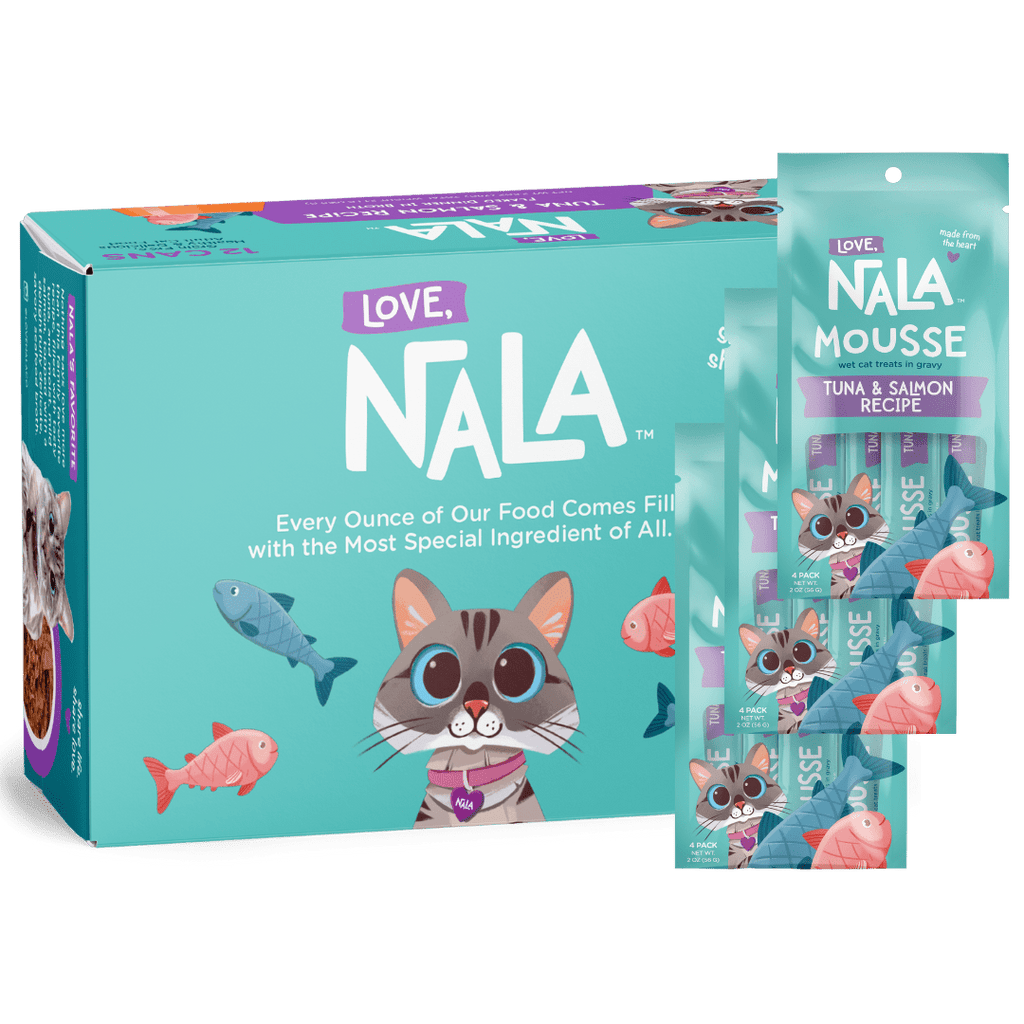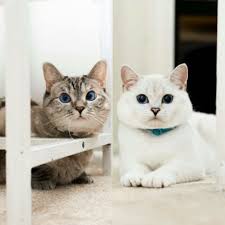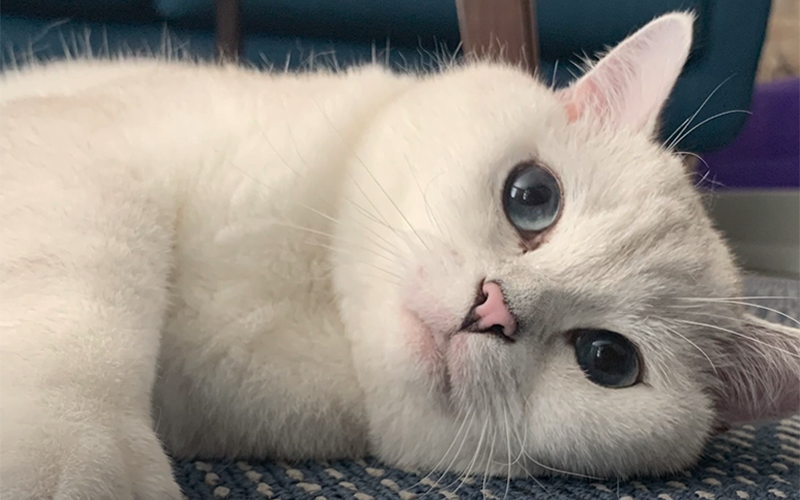Cats are obligate carnivores and their bodies require a high protein diet to properly function. Protein supports a variety of bodily functions including muscle development and maintenance, immune function, skin and coat health and appropriate energy levels. To keep your furry friend happy and healthy for years to come, feeding them a diet high in animal-based protein is absolutely crucial.
Muscle Mass
It’s important to remember that domestic house cats are direct descendents of wildcats like lions and tigers who hunt and catch their own meals. Cats need strong muscles in order to stalk, pounce, and kill their prey.
Protein helps cats grow and maintain muscle mass. Because of this, cats require more protein than many other animals. In fact, without a diet high enough in protein, a cat’s body begins to break down its own muscle tissue. This can lead to a rapid decline in health with symptoms such as lethargy, weakness, and incoordination.
Skin and Coat
Protein also helps cats maintain a healthy skin and coat. Cats with a diet lacking in protein typically have dry, flaky skin and dull coats or even hair loss, and skin infections.
Conversely, cats who eat diets high in protein often have soft, shiny coats.
A Strong Immune System
Proteins are made up of long chains of amino acids that help maintain a strong and healthy immune system. A sufficient intake of protein allows for adequate production of amino acids, which, in turn, helps the body to ward off any threats to the immune system.
One essential amino acid is taurine. Cats cannot produce taurine and can only get it from their diet. In addition to helping keep the immune system strong, taurine is critical for a healthy heart and teeth, vision, digestion, and blood sugar regulation. Animal-based proteins contain taurine, which is why a protein-rich diet is necessary for cats.
A diet high in protein will help to ensure that a cat’s immune system is strong. This is especially important for young kittens, senior cats, and cats with underlying health conditions or compromised immune systems. A sufficient intake of protein will help their bodies respond effectively to external challenges like infections and viruses.
Energy
Cats typically get most of their energy from fats, but cats that eat a high-protein diet are better able to convert protein into usable energy, which they need for playing and hunting and ensuring their body functions properly. Without sufficient protein, a cat’s body will utilize fat reserves for energy, which can lead to health issues such as obesity, lethargy, or poor coat condition. More serious issues that could result from a lack of protein are muscle wasting and organ dysfunction.
Conclusion
To keep your cat as healthy as possible, feed them a well-balanced, high-protein diet. Choose a food that lists a high-quality, animal-based protein source in the first few ingredients.
The amount of protein a cat needs depends on their age, activity level, and overall health, but, as a rule, adult cats need around 30% protein, while kittens and senior cats require around 35% protein in their diet.
Discuss with your veterinarian the best diet for your cat and their specific needs, but remember that a diet high in protein is best for your furry friend.
Love, Nala




















